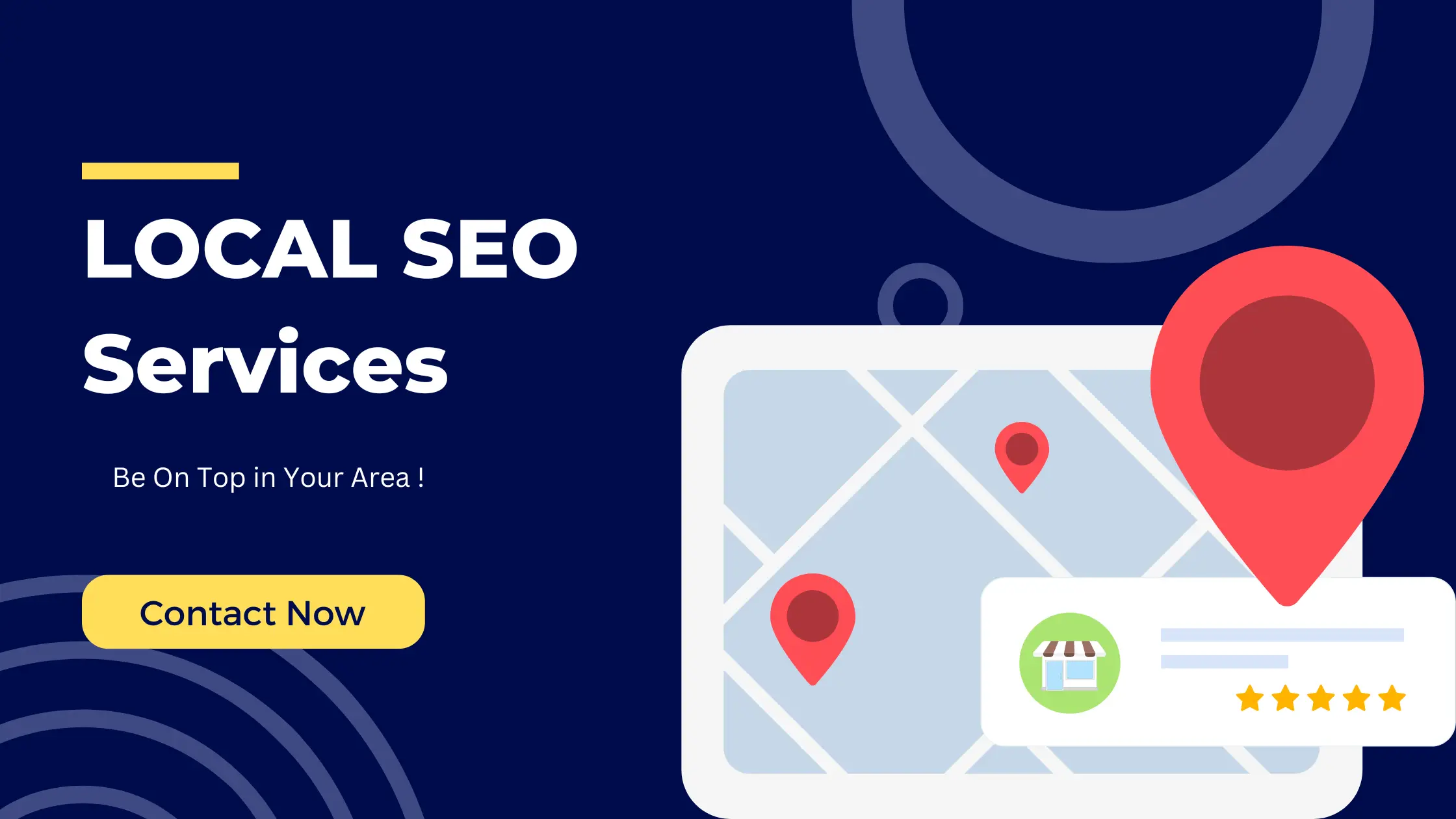In the ever-evolving landscape of business, digital marketing has become a game-changer for small businesses. It levels the playing field, allowing them to compete with larger counterparts. This blog delves into the world of “digital marketing for small businesses” and provides essential tips and strategies to succeed in this digital era.
Understanding Digital Marketing for Small Businesses
Digital marketing is an umbrella term that encompasses various online strategies to promote your small business. It includes components like websites, social media, email marketing, search engine optimization (SEO), content marketing, paid advertising, and more. These components serve as your digital toolkit, enabling you to connect with your target audience and showcase your products or services.
Setting Clear Objectives for Your Small Business
Before moving ahead on your digital marketing journey, it’s vital to set clear objectives for your small business. These objectives serve as your guiding stars, directing your efforts. Small businesses can set goals like increasing website traffic, growing their email list, or boosting online sales. These measurable objectives not only guide your strategy but also help you track your progress.
Knowing Your Target Audience for Small Businesses
Understanding your audience is fundamental in digital marketing for small businesses. Make buyer personas to represent your ideal customers. These personas should include demographics, interests, and pain points. Personalizing your marketing messages based on these personas will resonate more with your audience and build stronger customer relationships for your small business.
Website Optimization for Small Businesses
Potential customers’ first impression of your small business is generally formed by your website. Ensure it’s optimized for search engines (SEO) by using relevant keywords, creating quality content, and providing a user-friendly experience. Also, make sure your website is mobile-responsive, as many people use mobile devices to browse the web.
Content Marketing for Small Businesses
Website content writing acts as a magnet for attracting and engaging customers for your small business. Regularly publish relevant blog posts, videos, infographics, and other content that addresses your audience’s needs. Position yourself as an industry expert and the go-to source for information for your small business.
Social Media Marketing for Small Businesses
Social media platforms are goldmines for small businesses. You can communicate directly with your audience. Share engaging content, respond to comments, and use paid advertising on platforms like Facebook and Instagram to expand your reach for your small business.
Email Marketing for Small Businesses
Building and maintaining an email list is a valuable asset for small businesses. Send engaging emails to your subscribers, sharing updates, promotions, and valuable content. Craft compelling email campaigns that encourage clicks and conversions for your small business.
Paid Advertising for Small Businesses
Paid advertising channels, such as Google Ads and Facebook Ads, can dramatically boost your visibility for your small business. Set a budget, create eye-catching ads, and continuously optimize your campaigns for better results.
Local SEO for Small Businesses
If you have a physical store or serve a specific geographic area, local SEO is critical for digital marketing for small businesses. Ensure your small business is visible in local search results. Encourage satisfied customers to leave online reviews and ratings to boost your credibility.
Analytics and Measurement for Small Businesses
Use tools like Google Analytics to track and analyze the performance of your digital marketing efforts for your small business. Data-driven decisions enable you to fine-tune your strategies for maximum impact.
Budget Management for Small Businesses
Managing your digital marketing budget effectively is essential for small businesses. Allocate resources to strategies that yield the best results and keep a close eye on your spending to stay within your budget.
Challenges and Solutions for Small Businesses
Small businesses often face challenges in digital marketing, such as limited resources or competition. Solutions include embracing creativity, collaborating with partners, and focusing on niches.
Trends and Future Outlook for Small Businesses
Stay informed about current digital marketing trends and emerging technologies to maintain a competitive edge in digital marketing for small businesses.
Conclusion
In conclusion, digital marketing for small businesses is not just an option but a necessity. With clear objectives, audience understanding, optimized websites, engaging content, and a well-managed budget, you can harness the full potential of digital marketing. Keep adapting to trends, learning from success stories, and overcoming challenges. The digital world is your playground, and with the right strategies, your small business can thrive.
Call to Action for Small Businesses
Ready to kick-start your digital marketing journey for your small business? Contact us today for personalized guidance and support. Let’s grow your small business together!




